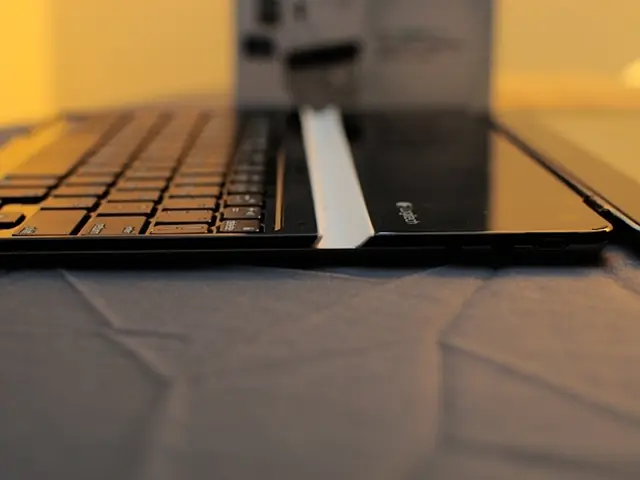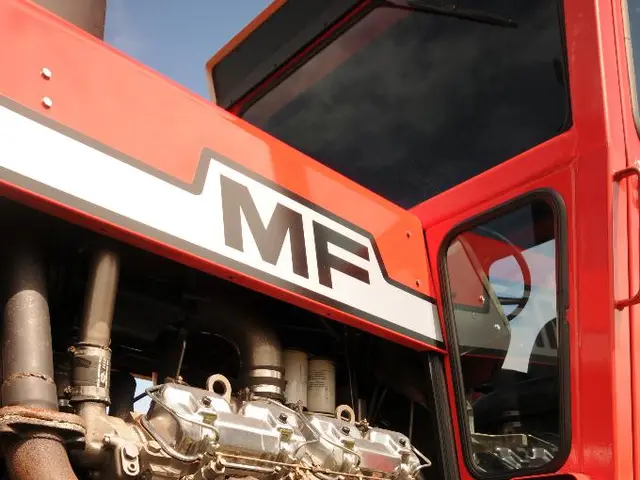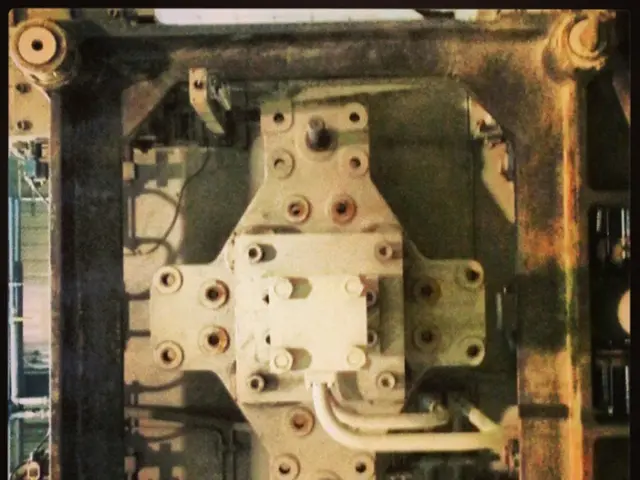Commercial Kitchen Equipment Upkeep Manual
In the bustling world of the restaurant industry, the importance of maintaining commercial kitchen equipment cannot be overstated. Regular maintenance is the key to efficient and successful restaurant operations.
Regular and thorough cleaning is a fundamental aspect of kitchen maintenance. Daily cleaning of cooking surfaces, ovens, grills, and refrigeration units prevents grease and food debris buildup, which can cause malfunctions and health hazards. Weekly deep cleaning removes stubborn residue and maintains hygienic conditions.
Scheduled preventive maintenance is another crucial factor. Developing a detailed maintenance checklist covering daily, weekly, monthly, and seasonal tasks like lubrication, inspection, calibration, and part replacement helps prevent equipment failures and costly repairs.
Inspecting critical components is equally important. Regular checks of key parts like oven door seals, fan and motor function, HVAC filters, plumbing, and fire suppression systems ensure their optimal performance. Replacing worn or damaged parts promptly is essential.
Avoiding equipment overloading is another essential tip. Do not exceed manufacturer capacity guidelines, as overloading strains components and leads to uneven cooking or breakdowns.
Assigning clear responsibilities to staff or technicians for each maintenance task ensures accountability and thorough execution. Scheduling professional inspections annually or seasonally allows trained technicians to identify and fix potential issues before they become major problems.
Maintaining food safety compliance is paramount. Calibrating equipment regularly and documenting maintenance helps meet food safety standards and regulations. Using appropriate cleaning methods, such as cleaning equipment while warm (not hot) to loosen grease effectively and avoiding damage, is also crucial.
Proper maintenance ensures kitchen equipment operates efficiently and safely, reducing downtime, improving food quality, and supporting profitable restaurant operations. This, in turn, contributes to a positive dining experience, enhancing the restaurant's reputation and customer satisfaction.
Moreover, maintaining equipment contributes to environmental conservation by adopting eco-friendly maintenance practices. Well-maintained equipment consumes less energy, reducing utility bills. Additionally, regular maintenance extends the lifespan of equipment, saving money in the long run. When it's time to replace old equipment, well-maintained equipment retains its value better.
Lastly, it's essential to know the terms of your equipment warranties to avoid voiding coverage inadvertently. Having fire suppression systems inspected bi-annually by qualified technicians is also recommended for safety.
In conclusion, implementing these practices ensures kitchen equipment operates efficiently and safely, reducing downtime, improving food quality, and supporting profitable restaurant operations. A well-maintained kitchen not only ensures a positive dining experience but also contributes to the success of the restaurant business.
Ensuring a restaurant's lifestyle is enjoyable for both customers and staff, it's vital to maintain the cleanliness and efficiency of kitchen equipment by incorporating regular and thorough cleaning, as well as scheduled preventive maintenance. Developing a detailed maintenance checklist for daily, weekly, monthly, and seasonal tasks helps in preventing equipment failures and ensuring proper food-and-drink preparation, while well-maintained home-and-garden elements, such as fire suppression systems, provide a safe and hygienic environment.








